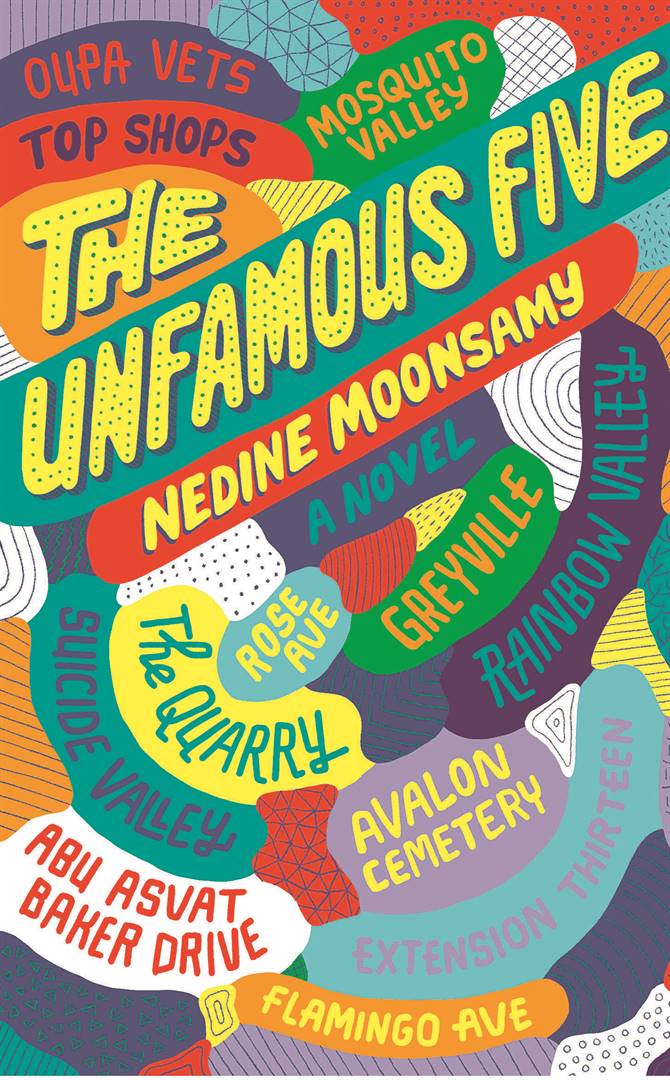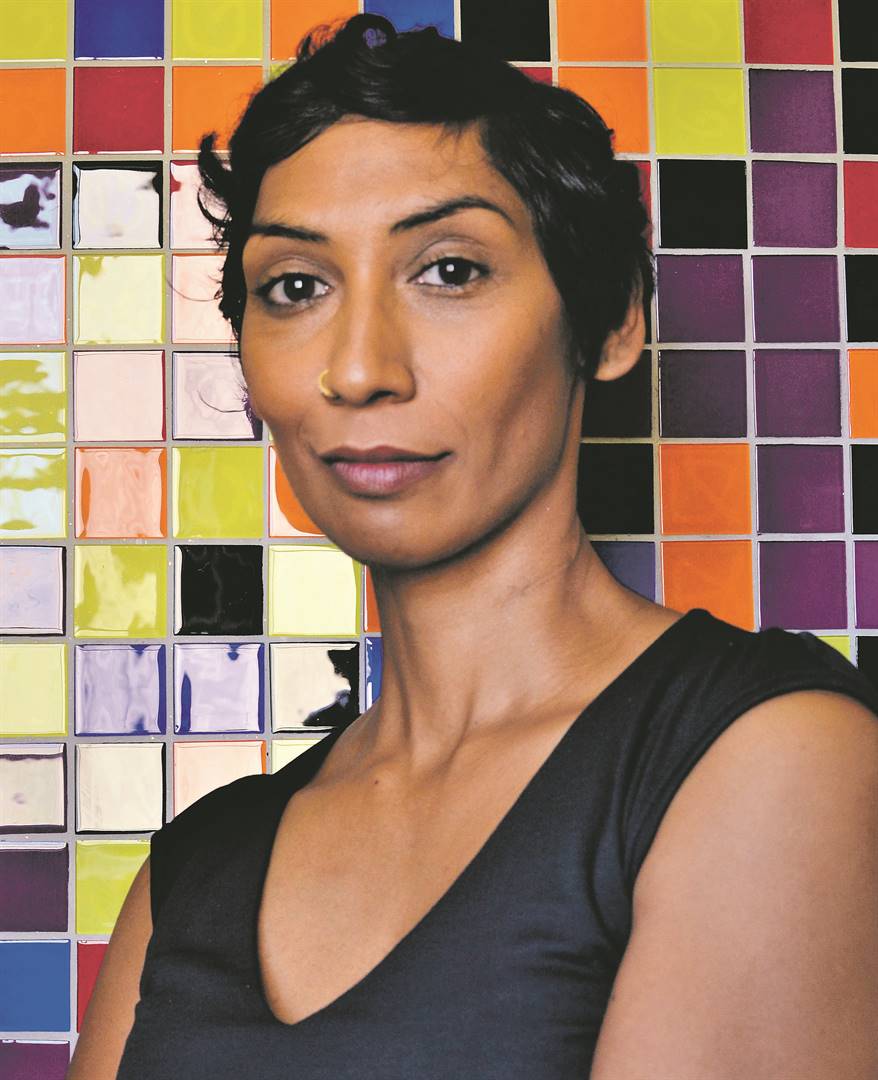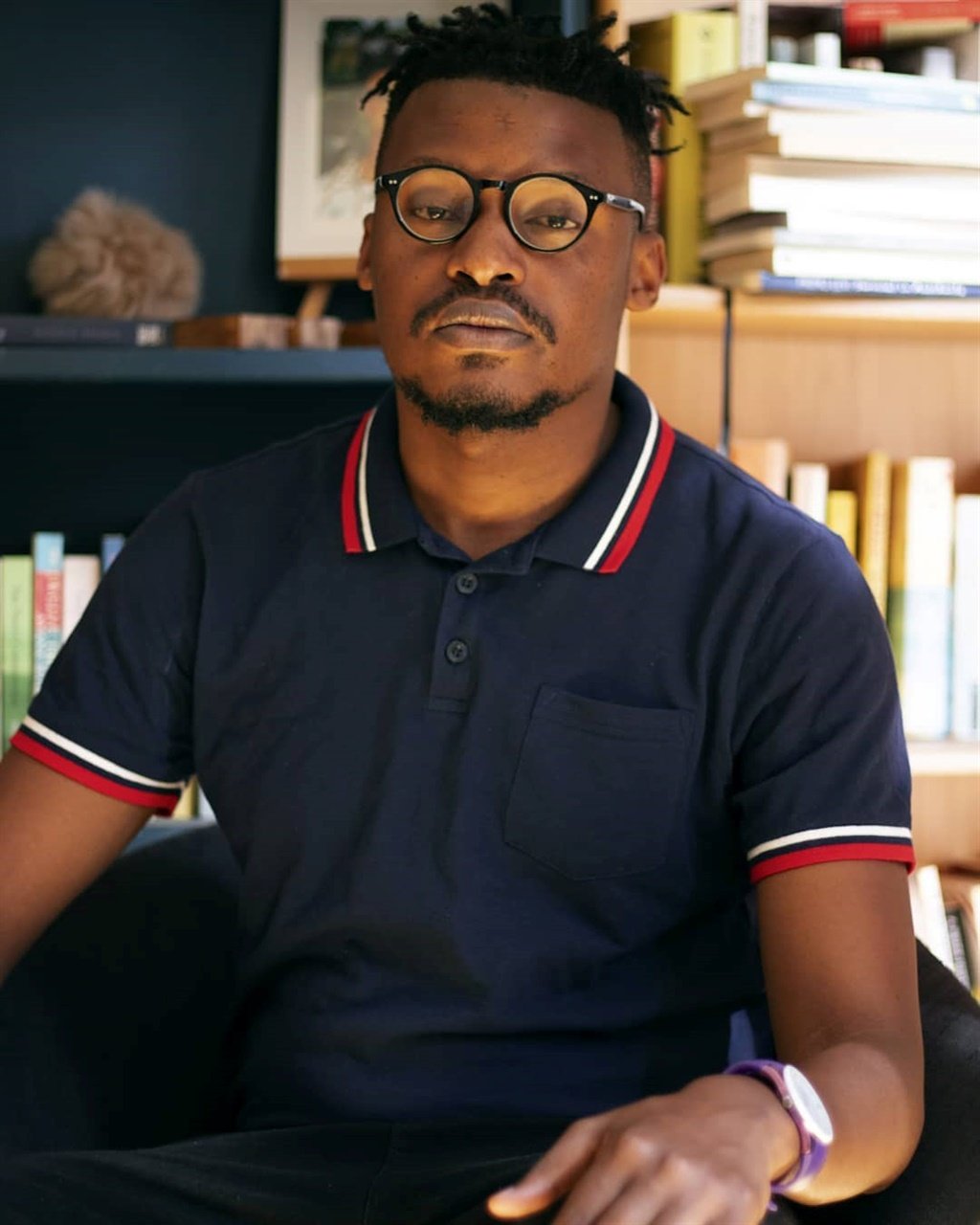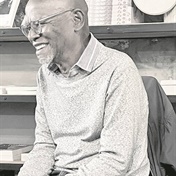
The Unfamous Five by Nedine Moonsamy
Published by Modjaji Books
240 pages
R280
One of South Africa’s leading public intellectuals, Njabulo S Ndebele, argued as long ago as the 1980s that for South African literature to be effective, it would have to set itself on a path of “rediscovering the ordinary”.
Ndebele wrote: “If it is a new society we seek to bring about in South Africa, then that newness will be based on a direct concern with the way people actually live.”
This, he wrote, would entail “a range of complex ethical issues involving man-man, man-woman, woman-woman, man-nature, man-society relationships. These kinds of concerns are destined to find their way into our literature, making it more complex and richer.”
In many ways, South African literature produced post-1994 has shown itself to be “more complex and richer” and Nedine Moonsamy’s debut novel, The Unfamous Five, contributes to this remaking of the South African novel.
The story is set in Lenasia, an Indian township south of Soweto, in Gauteng. It follows the lives of five friends: Shejal, Janine, Kumari, Neha and Devon.
The Unfamous Five is a subversion of English writer Enid Blyton’s The Famous Five series as Moonsamy gives it a South African setting and, inevitably, different social and political circumstances.
The novel’s narrative voice constantly shifts as it is told from the perspective of each of the characters. In this way, it allows for an intimate connection with their stories.
It is 1993 when we meet this young cast of characters. Right at the beginning of the novel, a horrific murder occurs that shapes the rest of their lives. While this incident poses a challenge as to whether their friendship will survive, it is also an event that exposes them to their limitations as human beings.
Reflecting on this murder after telling her parents, Kumari thinks they “don’t understand how radically their lives have shifted. The Five lost their taste for adventure when the streets exposed them to the fact that they were not able to be heroes when it mattered most.”
The Unfamous Five is a novel with an interest in the consequences that violence has on the psyche of children, and how it shapes their thinking about themselves as well as their relations with the broader society. Set just before South Africa’s transition to democracy and ending in 2003, the novel illuminates the continuities and different experiences that shape the characters’ lives as they learn about themselves in an ever-changing society.
The novel shines a light on this “unfamous” community, Lenasia, and examines some of the anxieties and hopes that its inhabitants held about the South Africa that would soon be born.
In many ways, Moonsamy’s novel is in conversation with other novels that are coming out of contemporary South Africa as it also shows a deep interest in history and in how history continues to shape how people perceive themselves and, consequently, relate to others.
Moonsamy tells me that part of what informed her decision to write this novel was her desire to insert Lenasia into the country’s public discourse.
“I studied contemporary South African literature and, as a student reading through all these stories, I felt that the story of Lenasia was simply not on the literary landscape in any way. I wanted to insert that story into the South African imagination.”
The significance of literature, or art, is that it offers an infinite space for representation. And, in a changing society like South Africa, it is pertinent that different communities are represented so as to avoid the myopic way of thinking that continues to haunt the country. This is precisely what Moonsamy achieves with her novel.
As a novel focused on the lives of Indian South Africans, The Unfamous Five challenges the ways in which Indian people are often perceived and depicted in artistic representations.
“There is a very sentimental kind of insularity around the representations of Indian or even coloured identity,” says Moonsamy.
The repercussions of this, she tells me, have resulted in an “insular neighbourhood novel, a nostalgic novel. It blocks you into the communal identity but then doesn’t really question what that communal identity costs you in relation to a South African, or even African, identity.”
Her novel therefore interrogates these costs and challenges the reader to see the complexities of Indian identity in South Africa today.
Moonsamy says these sentimental depictions of Indian identity are a consequence of historical stereotypes and are therefore not representative of how Indian people lead their lives.
“South African Indians of my generation are more in the world. Why is that not represented in literature?”
In The Unfamous Five, we have a diverse cast of characters who are of different classes and come from families with different political and religious views. This proves her point that the homogeneity that the community is often treated with has no basis, and is, at worst, harmful.
This is a point depicted, for instance, through one of the characters, Janine. Even though Janine attends school with her four friends, she comes from a poor family where she constantly experiences abuse. She lives in the poorer Greyville township, where residents “fuss very little about security since they are in consensus that they have very little to protect. They have fences and gates as part of a larger aesthetic; their presence expected rather than functional.”
Unlike her friends, Janine is dark in complexion and muses: “Blackie! Blackie! Blackie! It is the thing that makes everything exceptional. Janine – the darkest of Indians. A girl covered from head to toe in hot tar.”
On the other end of the spectrum, we have a character like Kumari, who comes from a well-off family where she has a helper who looks after her. In a telling incident when Kumari lies about the helper to her parents and must apologise, she wonders “how one says sorry to a maid; if it is even okay to say sorry to them. She has never witnessed an apology being made to a black person before, not in life and not on TV.”
What Moonsamy does, then, is show us that the very ills that bedevil other communities also exist in the Indian community, and that their only concerns are not about “biryani and marriage”, as she says.
The Unfamous Five, as is already evident, does not shy away from depicting the difficult relations that exist between Indian and black South Africans. Similar to coloured people, there has always been an unspoken scepticism about the identity and its relation to South African history. Much of this is a consequence of apartheid and the ways in which it manipulated these marginalised groups to be against each other.
The repercussion of this, in post-apartheid South Africa, is that it has led to a host of questions being asked as to whether Indian people were complicit in perpetuating apartheid or whether they should be regarded as victims.
The way these questions are often posed, ironically, mimics the very structure of apartheid binary thinking. But Moonsamy is able to skilfully navigate these complex issues as she shows that there are no easy answers or conclusions to be made.
In one incident, Mr Dlamini visits Neha’s father, and in their conversation this conflicted historical relation is revealed when Mr Dlamini tells him that it is not Indian people “who still have to worry about houses being set on fire. It’s not your mothers who still worry about food for tomorrow. A spade is a spade. Your people have always had an easier time.”
Neha’s father counters this view by telling him: “And still we’re oppressed! It makes it even sadder, don’t you think? It’s all just wool over our eyes.”
It is not only the adults who have to deal with these complexities. The young characters who are coming of age also find themselves confronted with these historical questions. Neha struggles in her relations with black people and much of this is a consequence of the guilt that she feels over her privileged position.
When she is in conversation with Kathlego, she expresses surprise at his treatment of her and “marvels at the generosity with which he so easily includes her in the framework of blackness. He never bore any hostility towards her for being an Indian – an Indian who helped turn their mothers into maids and their fathers into garden boys.”
The novel also interrogates the thorny issue of sexuality. Devon comes from a deeply religious family and aspires to be a priest. He, however, finds that his sexuality is a huge obstacle to achieving his calling as the church has a hostile reaction when it is discovered that he is gay. When he tells his priest of his sexual orientation the response is: “We can’t just do as we please … it’s not the end of the world. Just lie low and give it some time.”
This leads to him leaving his church. It is at this point in the novel that the friends, as young adults, decide to live together. It is therefore in his friendships that Devon finds comfort and a place he can call home, as religious institutions, even in the post-apartheid era, continue to exclude him. As Moonsamy tells me: “The novel is trying to deal with the idea of the unit, what it includes and what it excludes.”
Thus, The Unfamous Five is a novel that offers pertinent interrogations of the notion of friendship. What are friends and what do they make possible in the world? What makes friendship last and how do factors such as class and romantic relationships affect them? These are some of the questions the novel poses.
When I ask Moonsamy why she decided to centre the theme of friendship in the novel, she says: “To show the difficulties of what it means to have real, difficult friendships in the world. To explore how, in an increasingly urbanised environment, our friends are becoming more our families. That is the new model of family, I think. Heteronormativity and the ideas of the nuclear family are falling away.”
For a debut novel, The Unfamous Five is an incredible achievement. Moonsamy does what we expect from writers, which is to open worlds that have thus far remained hidden. This way, as readers, our imaginations are expanded as we encounter the unfamiliar. Writers, at their best, challenge our perceptions of things as they make us aware of how limited our views of things or people are.
This is exactly what Moonsamy achieves in this delicately written novel. She is a welcome, incisive voice in a deeply troubled literature that is still trying to figure out what it means to live in South Africa.
Nthunya is a PhD candidate in literature at the University of the Witwatersrand. He studied literature, history and philosophy at Rhodes University
 | ||||||||||||||||||||||||||
Get in touchCity Press | ||||||||||||||||||||||||||
| ||||||||||||||||||||||||||
| Rise above the clutter | Choose your news | City Press in your inbox | ||||||||||||||||||||||||||
| City Press is an agenda-setting South African news brand that publishes across platforms. Its flagship print edition is distributed on a Sunday. |




 Publications
Publications
 Partners
Partners










